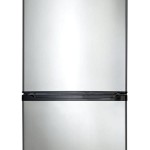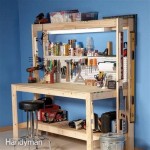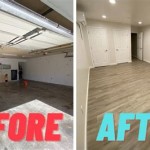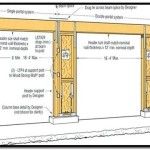RV garages are an increasingly popular feature in homes, especially for those who are avid outdoor adventurers. Not only do they provide a secure place for your recreational vehicle, but they can also be used as an extra storage area or workshop space. An RV garage can be a great addition to any home, and it’s important to know the best design and construction options to ensure your RV garage is a safe and secure shelter for your vehicle.
When designing an RV garage, the size of the RV is the most important factor. Measure the length and width of the RV to determine the amount of space you’ll need. You’ll also need to consider the height of the RV, as some models are much taller than others. Additionally, you’ll need to factor in the door size, as some RVs may require a larger door than others.
In terms of construction materials, steel and wood are the most popular options for RV garages. Steel is generally more durable and offers better protection against the elements, whereas wood is more cost-effective and provides better insulation. Depending on the size of your RV, you may need to opt for a larger or reinforced steel frame to ensure the structure is strong enough to support the weight of the vehicle.
The roof of the RV garage is also an important consideration. You’ll need to choose a roof material that can handle the weight of the vehicle as well as protect it from the elements. Metal roofing is often the best choice for RV garages, as it is both lightweight and durable, and can be easily customized to fit the shape of the structure. Additionally, insulated metal roofing can help keep the interior of the garage cool in the summer and warm in the winter.
When it comes to the security of your RV, there are a few options available. Many RV garages come with built-in locks and security systems, such as motion sensors, alarms, and security cameras. Additionally, you can purchase additional locks or even install a security fence around the perimeter of the garage. It’s important to choose a security system that is appropriate for the size and type of your RV, as well as the area in which you live.










Related Posts








